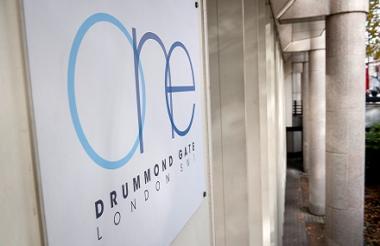The government has pushed back the introduction of rules to automatically disqualify trustees and senior charity staff convicted of certain crimes, after hearing concerns that it could leave many charity staff working illegally.
Concern about the scope
There are already rules preventing people with unspent convictions for fraud and a small number of other offences from holding trustee roles. The Charities (Protection and Social Investment) Act, which received royal assent earlier this year, widens the number of offences covered, with terrorism and sexual offences now added to the list. It also widens the automatic disqualification to include senior staff.
The new rules were originally slated for April next year, but are now unlikely to appear before September.
Charities working with offenders have expressed concern about the changes, partly because it is likely to affect their own staff and trustees.
Christopher Stacey, co-director of Unlock, a charity which helps people with convictions to live more positive lives, said the government had promised an impact assessment and full guidance, and that neither of these had yet been produced.
Stacey welcomed the decision to delay. He said it was vital to leave sufficient time for staff and trustees with convictions to seek waivers from disqualification.
Stacey also expressed concerns about the scope of the new laws, which will cover not just the 160,000 charities registered with the Commission, but all charities in England and Wales – up to another 200,000. He said it would be extremely difficult to successfully communicate the law to all of these organisations, and that as a result it was likely to lead to many trustees and staff working illegally.
He said he was concerned that the Commission did not have the resources to enforce the new laws, meaning that the only people who would be affected by it would be those who wanted to obey the rules, whereas people with criminal convictions who had become trustees or staff in charities in order to break the law were likely to simply ignore the new rules.
"We continue to have principled objections to a number of aspects of the new legislation," he said. "In particular the extension of the framework to senior managers and the inclusion of certain spent convictions and people on the sex offenders register. These changes are unnecessary and will be an ineffective way of protecting charities.
"A delay to implementation will enable the government to carry out the proper impact assessment of these proposed changes that it has committed to do, so that this can be considered as part of the implementation process. It will also give the Commission the time it needs to produce clear guidance on the new framework and establish a sensible waiver process."
Disqualification 'widely supported'
A Charity Commission spokesman said: “The changes to the automatic disqualification criteria were supported widely in Parliament. The previous criteria were considered generally to be too narrow and did not cover several areas which it was widely accepted should merit disqualification, including convictions for serious terrorism offences, money laundering or bribery.
“However these changes will have significant impact on some individuals and we have always been clear that charities and affected individuals must have enough time to prepare for these changes properly. In order to do so fully, we are working with the Office for Civil Society to set a commencement date later in 2017.
“We consider that this should not before September and are hopeful that this will be agreed. We continue to work with a number of umbrella bodies and rehabilitation charities as we further develop these plans to ensure that charities, trustees and senior staff members have all the relevant information and enough time to take the appropriate steps."
Related articles












